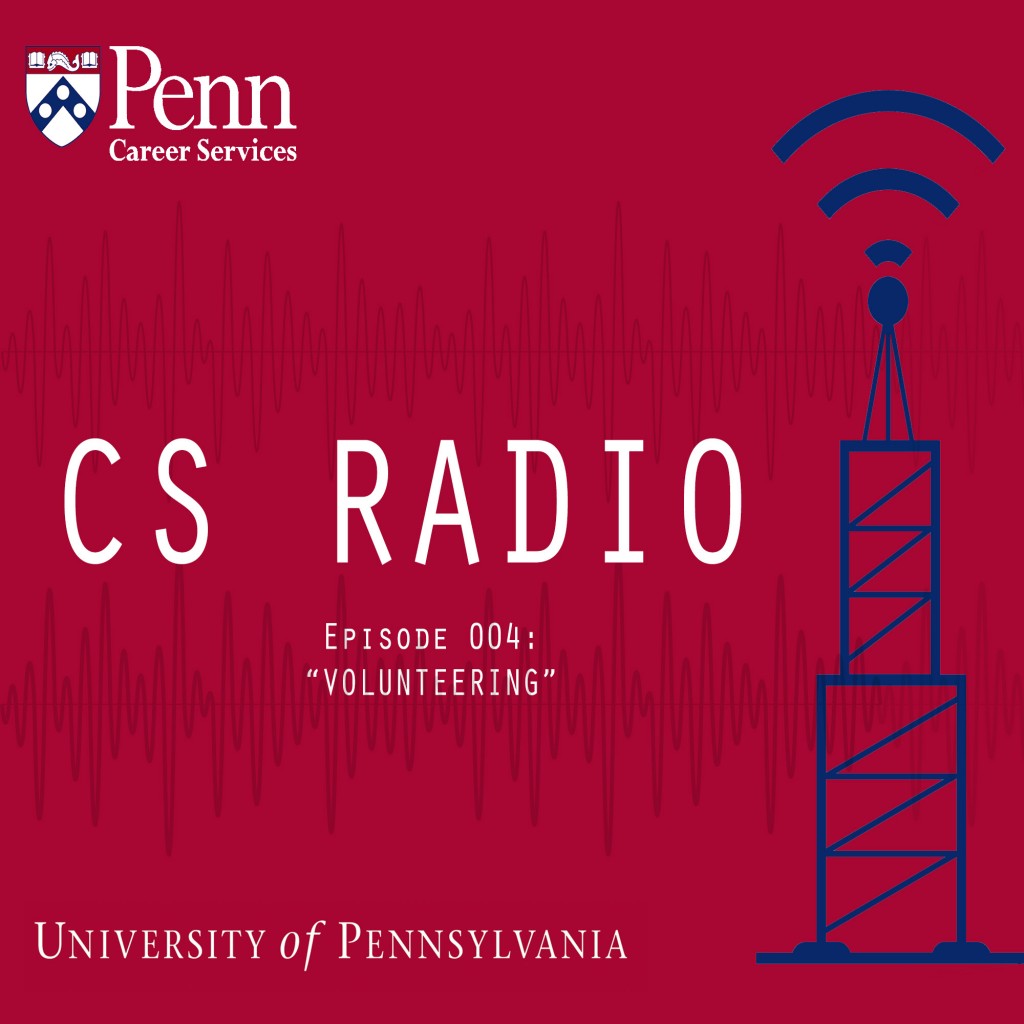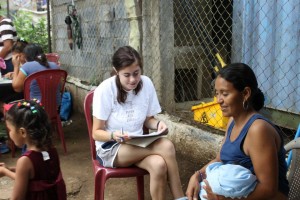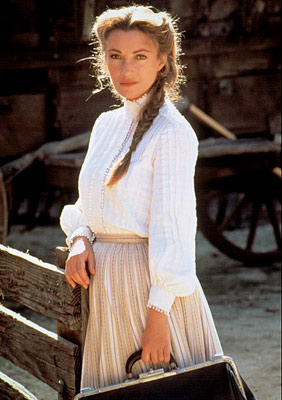Most Penn freshmen have just settled in on campus before their in-boxes get flooded with emails about different opportunities. So, I am not surprised that freshmen are often concerned about what they should be doing over the summer.
For some students, the summer is a great time to kick back and hang out with their friends and family. Others might wish to use their three months to try out a career idea, to gain new skills and experiences, or make money. Penn freshmen have spent their summers writing plays, competing in sports, babysitting their siblings, doing community service, traveling abroad, taking classes, and working full- or part-time jobs.
The options are unlimited and there is no right or wrong answer. My bias is that students should do something, ideally something that they don’t get to do during the other nine months of the year. I also think that they should be careful not to spend so much of their time during the Spring semester searching for that perfect internship.
So, for instance, I spent the summer after my freshmen year in Hong Kong working at a university because I wanted to travel and speak Chinese. The job itself was boring, but everyday I got to interact with Chinese people and eat good cafeteria food. The summer after my sophomore year, I got an internship in advertising. I share this because what students do each summer don’t have to be a spectacular career move. Just be productive and deliberate with your time.
So, what should freshmen be doing over the summer? To answer this question, weigh your priorities and also consider whether these priorities are best met during the summer after freshmen year. So, what is most important to you?
– To save money
– “Build resume” or meet people in a particular industry
– Try out a potential career or major
– Help people/community
– Learn something
– Check out a new city/country
– Spend quality time with family and friends
– Catch up on sleep
– _______________
If you want to see examples of other things Penn students have done in their summers, check out the Summer Survey Reports posted on the Career Services website.







